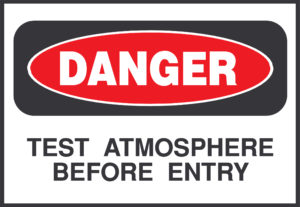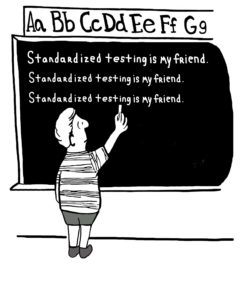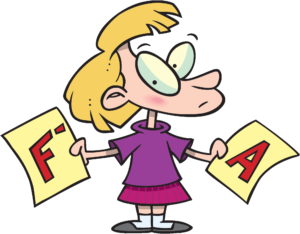Finally, my colleagues are vindicated in their anti-NAPLAN comments! This morning’s news featuring the report from Dr Ainley showing:
“There has been no improvement in maths and reading among students in a decade and the results of disadvantaged students have declined sharply, a major report obtained by the ABC reveals.” (link at end of this blog)
I train teachers around the country and many outstanding educators have privately shared their NAPLAN concerns with me.
These concerns include:
- Having to teach to the test- not the curriculum.
- Reducing child development to grades and benchmarks and not taking learning styles into consideration
- Children’s fears and anxiety around these tests.
- Parents making children work on endless worksheets that purport to give better marks- a whole industry has grown up around this reduction of the education process to grades and numbers!
- Children are pretested, post – tested- they are tested so often there is little time to teach!
I regularly give workshops to SE Asian teachers as well, and my Singaporean colleagues have asked me why we have so many national exams.
Singapore has very high standards of education and has been very exam oriented in the past but is gradually injecting more creativity into the curriculum.
Sure- literacy and numeracy standards needed to improve and we needed more rigour in our education process.
This could have happened with a tighter curriculum, more effective professional development and extra teachers and assistants to work with children.
NAPLAN was always a broken, inferior tool to mend an education system that needed serious improvement.
Read more about it here-
http://www.abc.net.au/news/2018-03-07/naplan-call-review-after-report-reveals-no-change-in-decade/9519840







